Dell shareholder Southeastern claims buyout share prices are undervalued
Sources say Tennessee-based asset management fund is disgruntled at $13.65 per share offer.

Southeastern Asset Management, Dell's largest independent shareholder, has told the hardware giant a $24.4 billion (15.5 billion) buyout bid undervalues it, adding to a chorus of investor dissatisfaction with the landmark deal to take it private, two sources close to the situation said.
Southeastern has privately told the company that it is "disturbed" by a $13.65 (8.67) per share offer for the third-largest PC maker by a consortium led by founder and CEO Michael Dell, and instead believes Dell is worth $20 (12.71) per share, the sources said on Thursday.
The Memphis, Tennessee-based fund, which owns a 7.5 per cent stake in Dell, did not return calls seeking comment.
Let the fools sell low - don't make us all fools
Southeastern has not commented publicly since the deal was announced on Tuesday, but Chief Executive Mason Hawkins said in a September 30 filing that the fund believed the company's shares were worth in the "low 20s" even if Dell's personal computing business was valued at nothing.
A representative for the buyout consortium, which also includes private equity firm Silver Lake Partners and Microsoft Corp, declined to comment. Dell was not available for comment.
The sources said the buyout consortium has no plans to raise its current bid. The buyers are counting on the shareholders eventually realising that no better options exist for Dell than their current offer, they said.
Get the ITPro daily newsletter
Sign up today and you will receive a free copy of our Future Focus 2025 report - the leading guidance on AI, cybersecurity and other IT challenges as per 700+ senior executives
Southeastern's reservations could create new uncertainty about the deal. Over the past few days, some other Dell shareholders have indicated they will vote against the deal.
Further complicating the largest leveraged buyout since the financial crisis is the influx into Dell shares in recent weeks by event-driven funds and risk arbitrage investors. Such investors now own roughly 20 percent of company, according to investor estimates, and could bet on a higher offer.
"Let the fools sell low - don't make us all fools," said Nick Tompras, president of Alpine Capital Research in St Louis. Tompras said his firm would vote its 2 million Dell shares against the deal.
Schneider Capital Management in Wayne, Pennsylvania, which owned almost 350,000 Dell shares at the end of September, will also vote against the deal, President Arnie Schneider said.
Southeastern stands to be among the biggest losers if the deal is completed at the current price.
Sanford Bernstein analyst Toni Sacconaghi estimated Southeastern paid an average of more $20 a share for its stake, meaning a loss of at least $825 million (524 million) at the current $13.65 offer price.
Hawkins, a 40-year veteran of the money management business who has agitated against companies in the past, could take his objections public.
Last year, Hawkins applauded the board of embattled gas producer Chesapeake Energy for stripping CEO Aubrey McClendon of his title as chairman after revelations by Reuters that McClendon's personal dealings might be in conflict with the company's interests.
A few days later, Hawkins sent a letter urging the board to consider selling the company in the wake of a stock plunge caused by the reports. McClendon resigned this year.
Hawkins also agitated against troubled Japanese medical device company Olympus in 2011, after disclosures of a massive accounting scandal, eventually calling for key members of the company's board to resign or be replaced.
Dell has agreed to a 45-day "go shop" period, during which it would look for an alternative deal, but the sources said they did not expect an alternative buyer to emerge.
Meanwhile, the buyout consortium is hoping that investors will realise they do not have any other options when they see the regulatory filing detailing the actions Dell took before arriving at the current deal, the sources said. That filing is expected in mid-March.
Before arriving at the deal, Dell considered various options, which included remaining a stand-alone company, separating its PC business, a leveraged recapitalization or restructuring its assets, one of the sources said.
But it realised that these options would not work, the source said.
Dell was regarded as a model of innovation as recently as the early 2000s, pioneering online ordering of custom-configured PCs and working closely with Asian component suppliers and manufacturers to assure rock-bottom production costs. But it missed the big industry shift to tablet computers, smartphones and high-powered consumer electronics such as music players and gaming consoles.
As of 2012's fourth quarter, Dell's share of the global PC market had slipped to just above 10 per cent from 12.5 per cent a year earlier as its shipments dived 20 per cent, according to research house IDC.
The company's problems made the option to remain independent unattractive, the source said. A leveraged recap -- taking on excess debt to pursue a large share repurchase or pay out a dividend -- would have been a risky proposition, the sources said.
The large number of shares in the hands of index funds also complicates the task of critics. Passively managed funds owned about 292 million, or 17 per cent, of Dell shares, according to Thomson Reuters data. Excluding Michael Dell's stake, that represents over 20 per cent of the vote.
Opponents of the deal would have to muster a majority vote, excluding Michael Dell's stake, to shoot down the deal.
While index funds typically have policies that they will only vote in favour of mergers that maximize shareholder value, in practice they tend to vote yes.
-
 Bigger salaries, more burnout: Is the CISO role in crisis?
Bigger salaries, more burnout: Is the CISO role in crisis?In-depth CISOs are more stressed than ever before – but why is this and what can be done?
By Kate O'Flaherty Published
-
 Cheap cyber crime kits can be bought on the dark web for less than $25
Cheap cyber crime kits can be bought on the dark web for less than $25News Research from NordVPN shows phishing kits are now widely available on the dark web and via messaging apps like Telegram, and are often selling for less than $25.
By Emma Woollacott Published
-
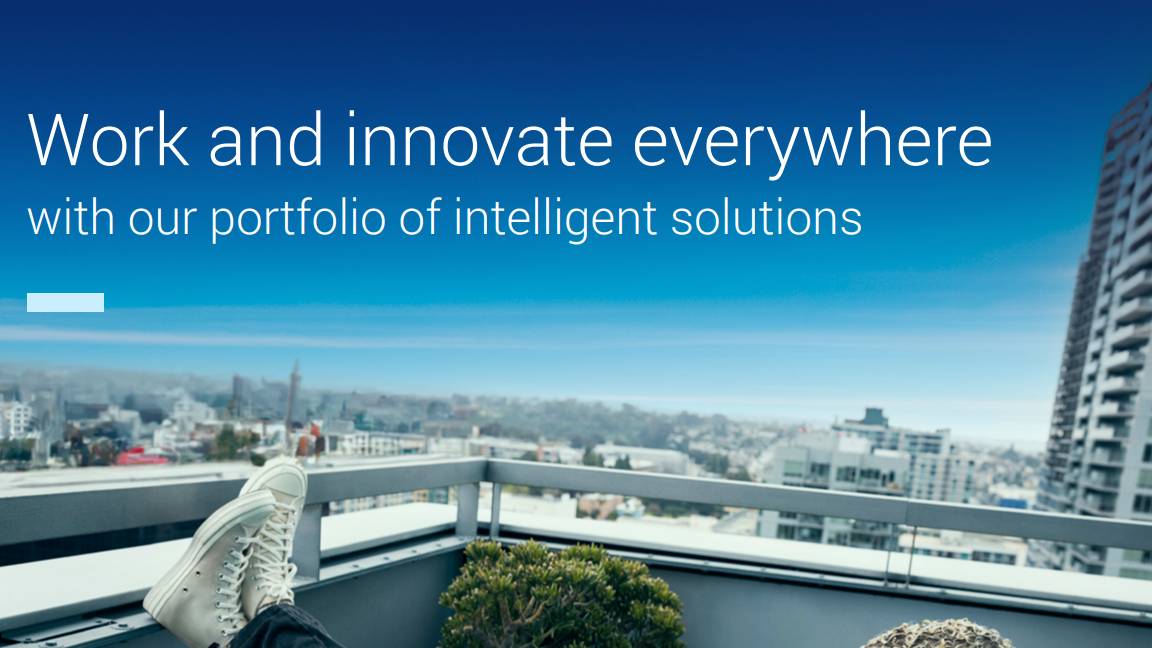 Work and innovate everywhere
Work and innovate everywherewhitepaper Protection across AI attack vectors
By ITPro Published
-
 Dell, HP post underwhelming returns as PC market remains in a state of flux
Dell, HP post underwhelming returns as PC market remains in a state of fluxNews Original equipment manufacturers (OEMs) are contending with an impending Windows 10 EOL and a burgeoning AI PC market
By George Fitzmaurice Published
-
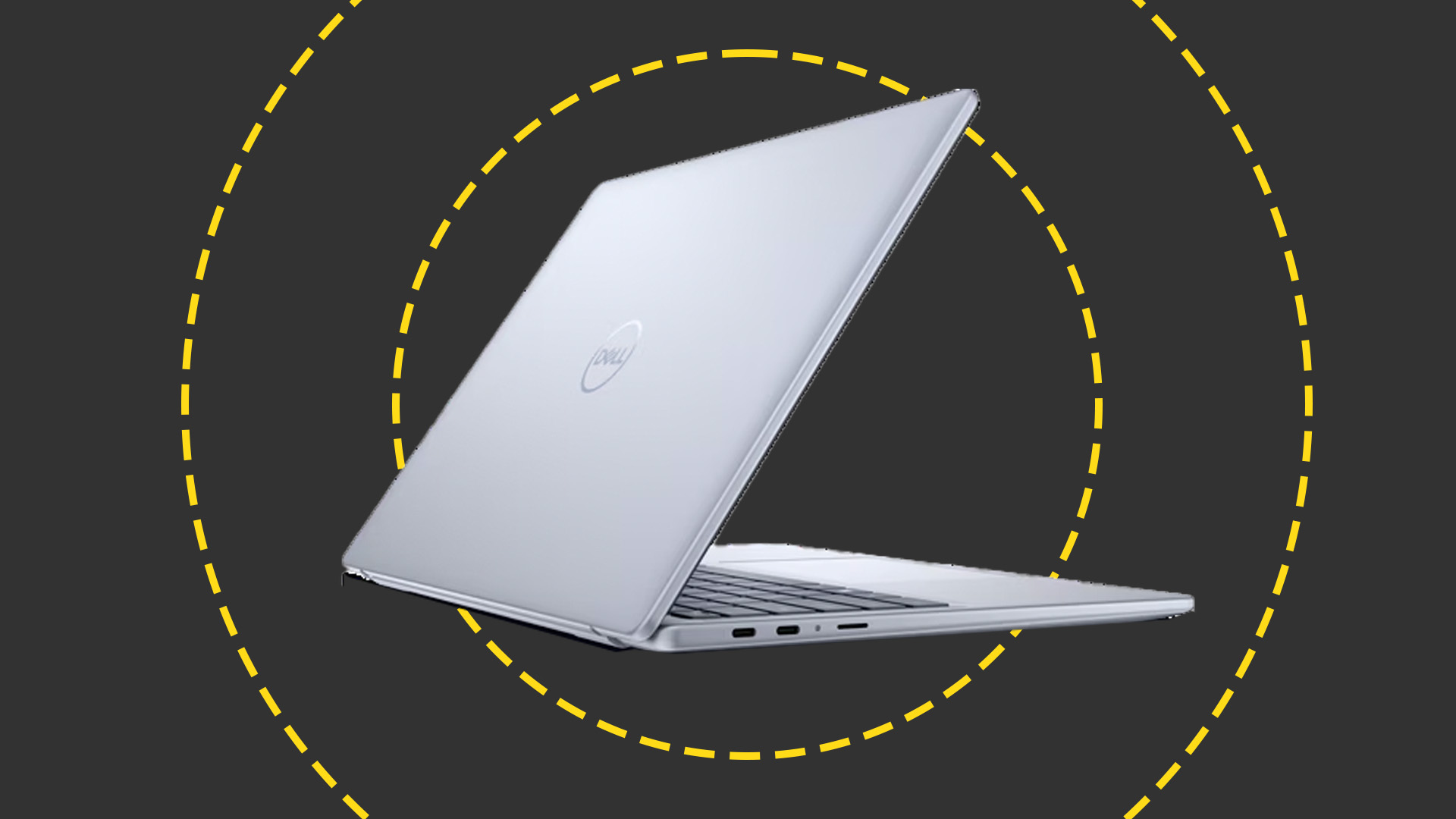 Dell Inspiron 14 Plus (7441) review: The cheapest Snapdragon laptop yet
Dell Inspiron 14 Plus (7441) review: The cheapest Snapdragon laptop yetReviews A no-frills compact laptop that delivers good performance and solid battery life
By Alun Taylor Published
-
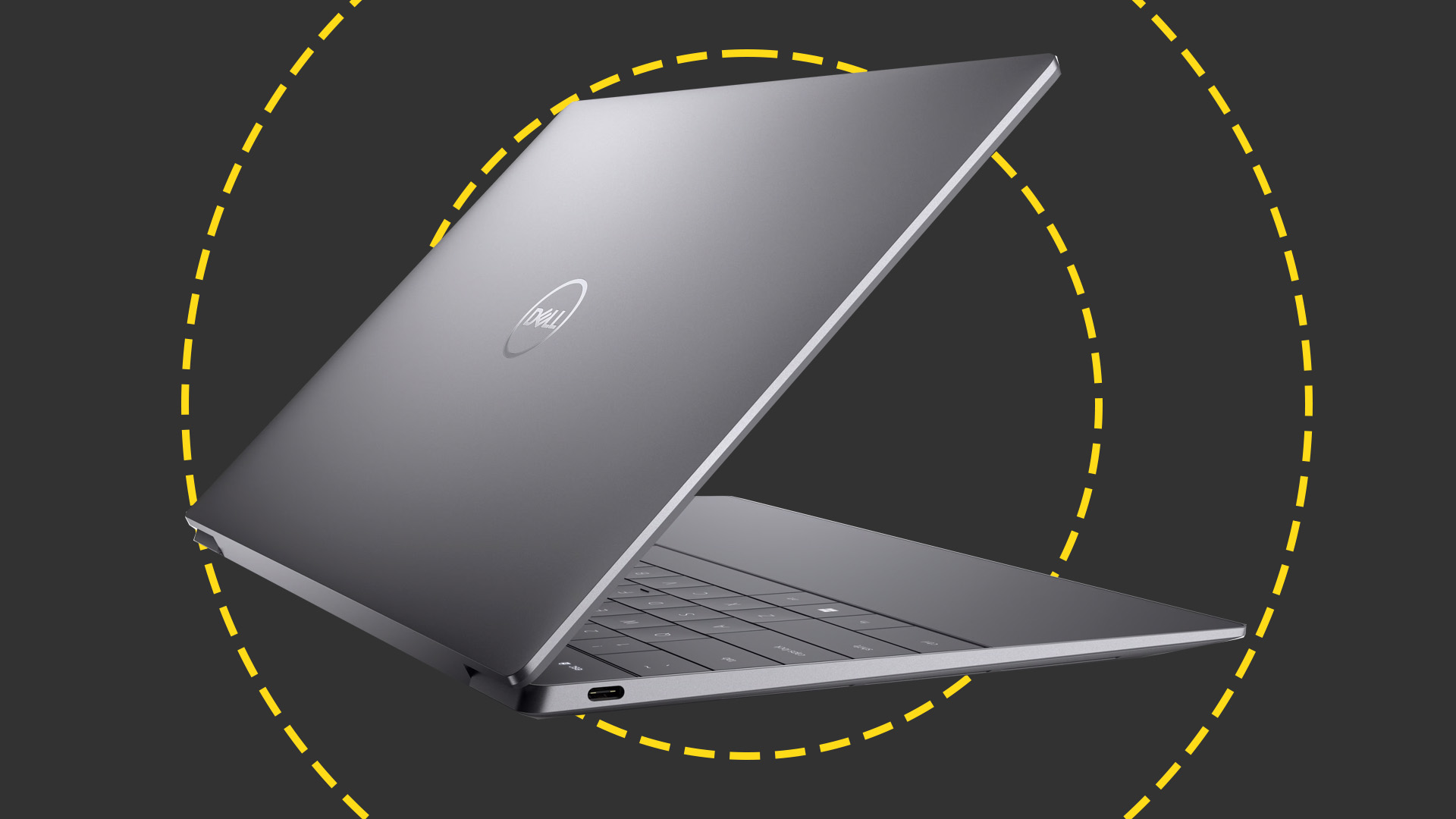 Dell XPS 13 9340 review: Compact, stylish, and frustratingly flawed
Dell XPS 13 9340 review: Compact, stylish, and frustratingly flawedReviews Redesigned XPS 13 has lots of potential but finds itself hamstrung by iffy design decisions and Intel's underachieving Meteor Lake
By Sasha Muller Published
-
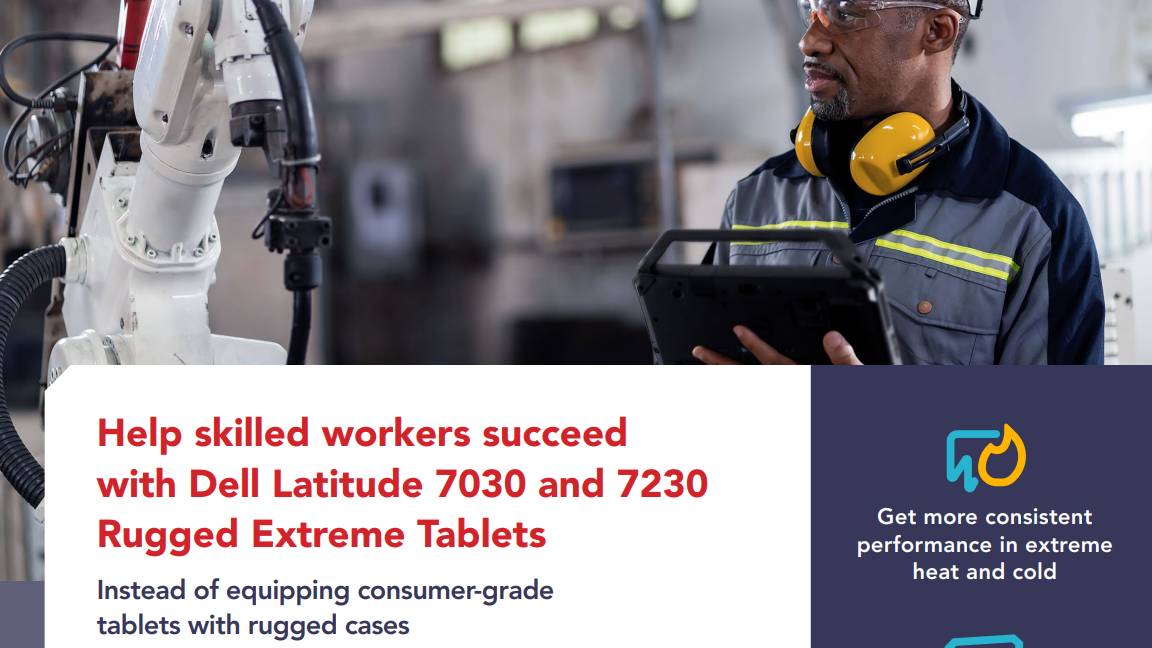 Help skilled workers succeed with Dell Latitude 7030 and 7230 Rugged Extreme tablets
Help skilled workers succeed with Dell Latitude 7030 and 7230 Rugged Extreme tabletswhitepaper Help skilled workers succeed with Dell Latitude 7030 and 7230 Rugged Extreme tablets
By ITPro Published
-
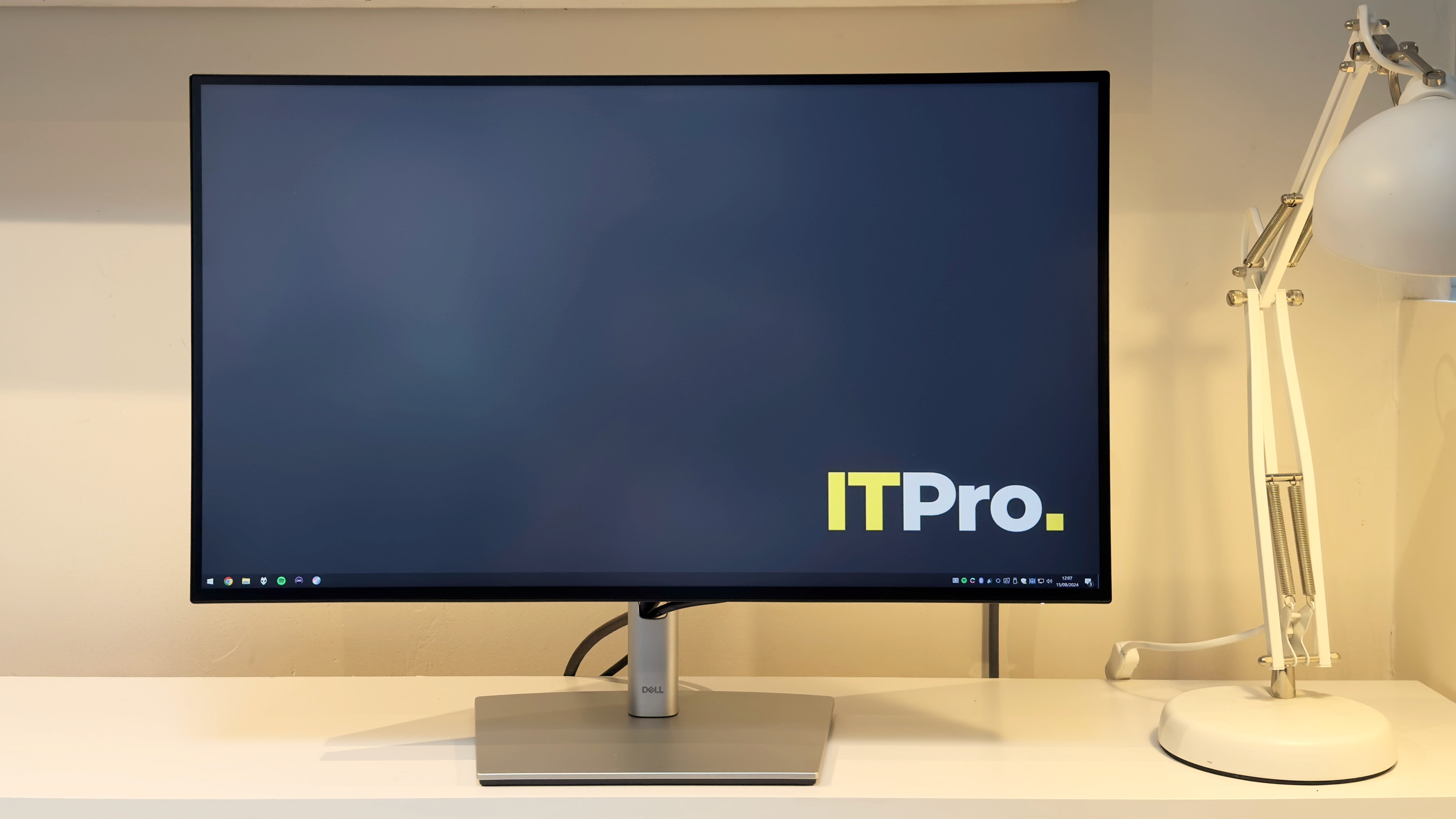
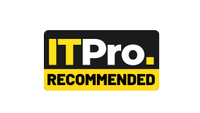 Dell UltraSharp U2723QE monitor review: Feature-packed and 4K – but not quite perfect
Dell UltraSharp U2723QE monitor review: Feature-packed and 4K – but not quite perfectReviews Anyone needing respectable HDR performance or gaming-friendly features such as adaptive sync or high refresh rates should be looking elsewhere, the Dell U2723QE is just not that kind of monitor
By Sasha Muller Published
-
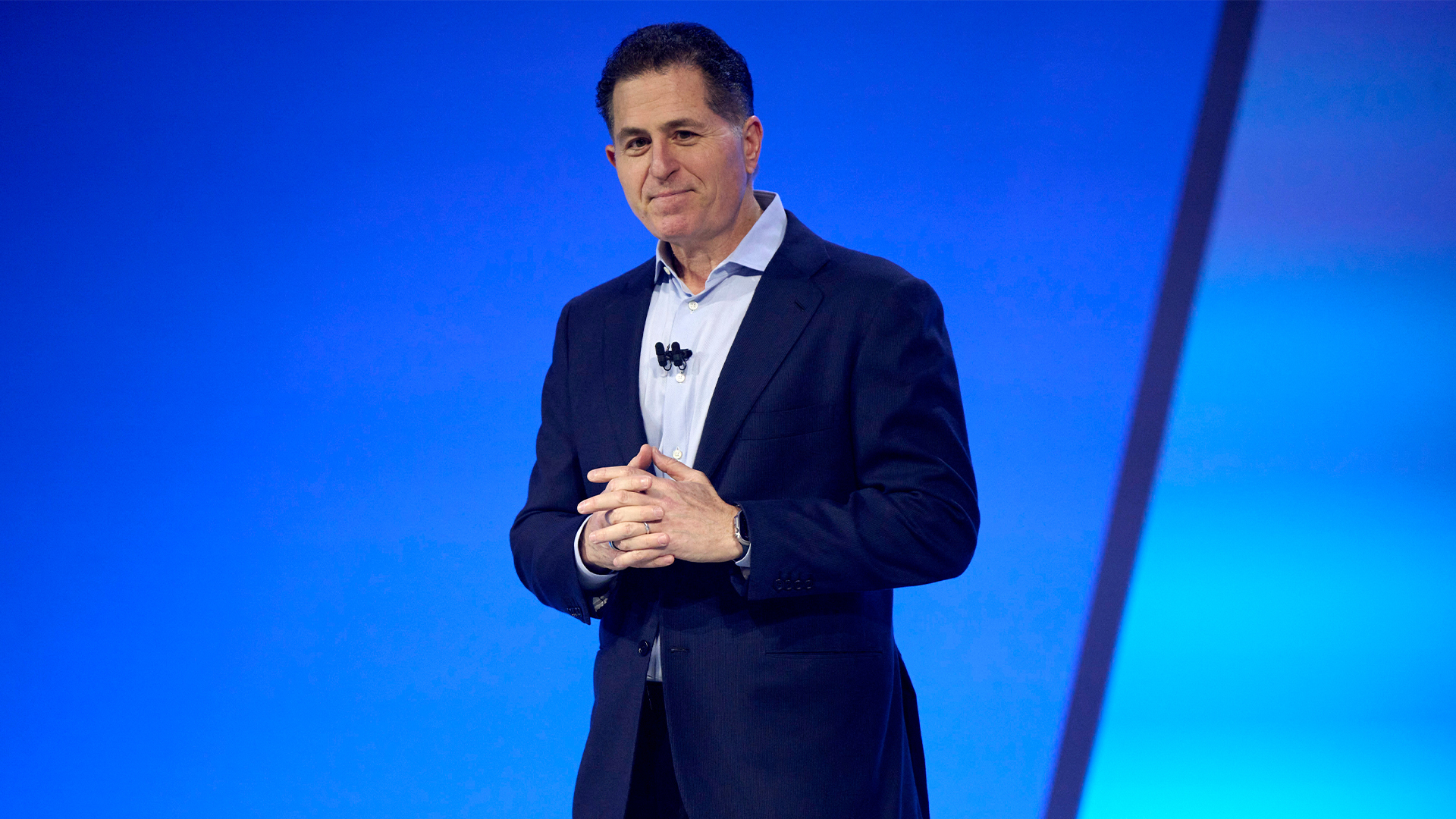 AI is paying dividends for Dell Technologies – booming server sales and rapid networking growth have taken the edge off a rocky period
AI is paying dividends for Dell Technologies – booming server sales and rapid networking growth have taken the edge off a rocky periodNews Despite a troubling period for Dell Technologies, the outlook remains positive amid surging enterprise demand for AI solutions
By Nicole Kobie Published
-
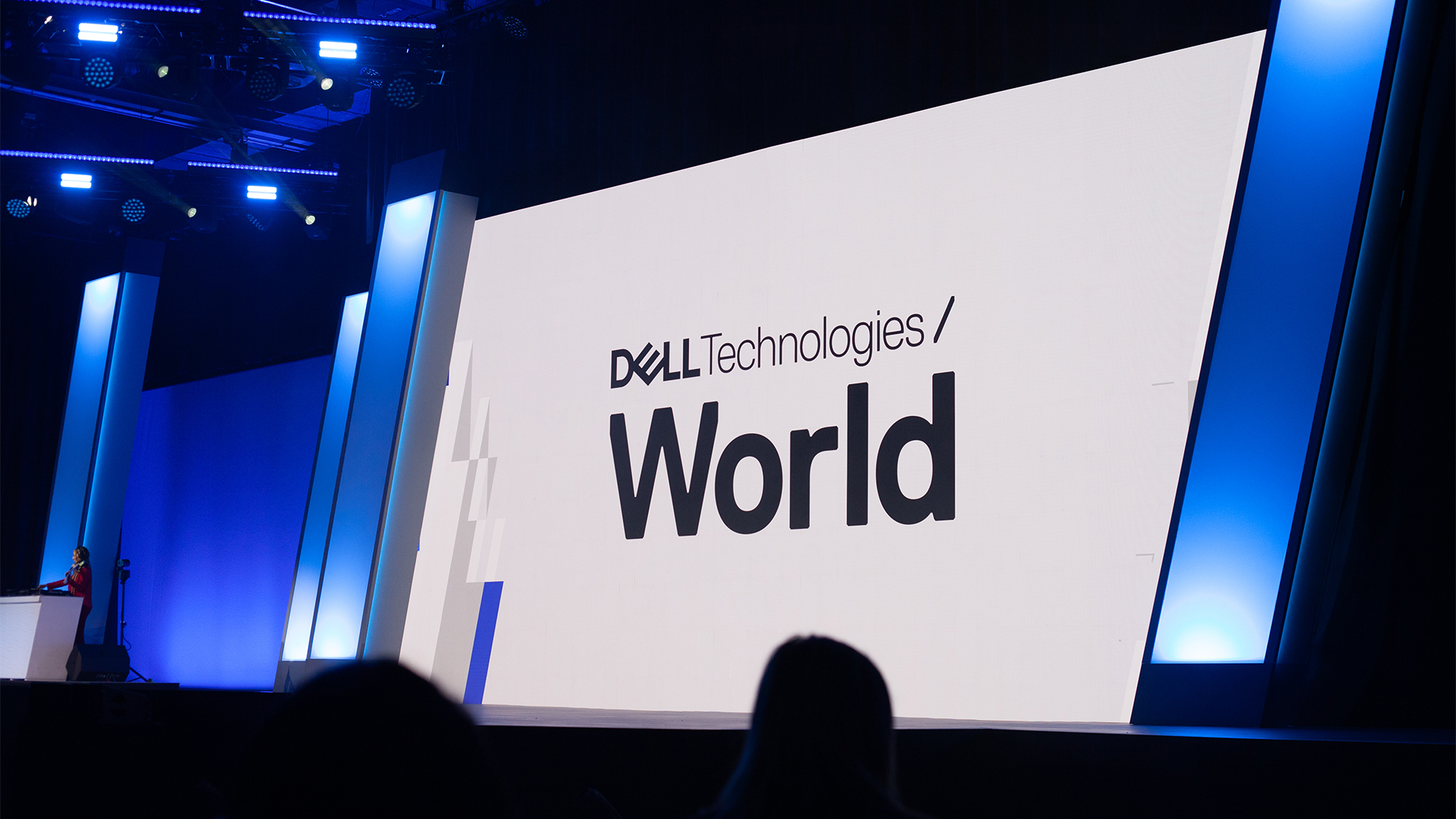 Dell Technologies World 2024 live: All the news and announcements from day-two
Dell Technologies World 2024 live: All the news and announcements from day-twoLive blog It's day-two at Dell Technologies World 2024 and we're live on the ground in Las Vegas - follow our rolling coverage for all the latest news, updates, and announcements
By Rory Bathgate Last updated